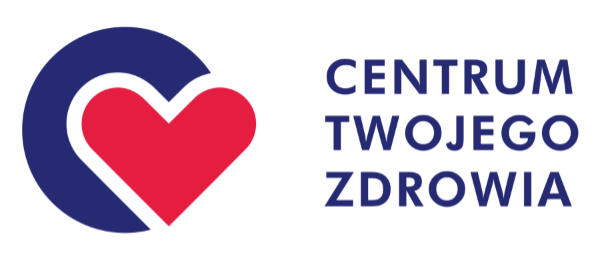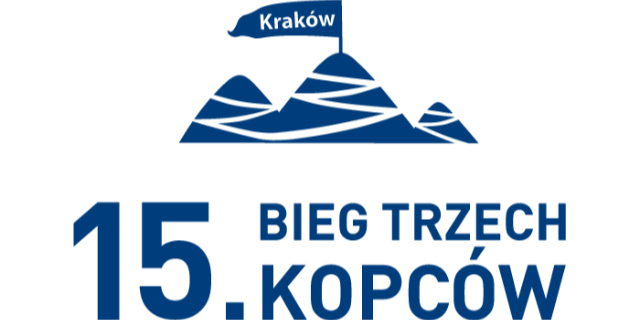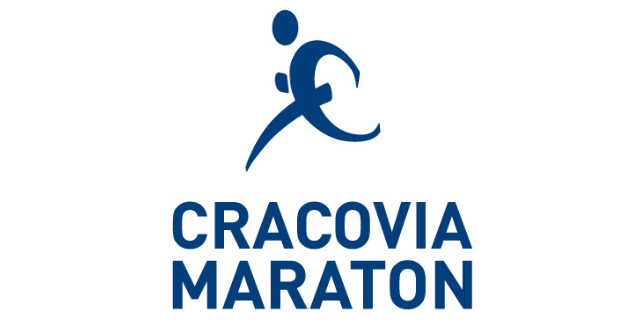Kinesiotherapy
Kinesiotherapy is a form of rehabilitation which uses movement as a natural healing agent. The philosophy behind kinesiotherapy is the fact that movement is a natural stimulus for changes taking place in the body. These are not only metabolic changes, but also those taking place in the musculoskeletal and nervous systems.
Kinesiotherapy is a field of physical therapy that is widely used in the treatment of diseases and dysfunction related to the musculoskeletal system. This rehabilitation program relies on physical exercises individually tailored to the needs of the patient, the aim of which is to improve the functional state of the patient and to reduce pain, as well as to maintain a specific level of physical fitness. The task of kinesiotherapy is also to restore the proper mobility of joints and to improve muscle strength and endurance, resulting in improved efficiency of the cardiovascular and pulmonary systems. This therapy can also be applied to correction of postural defects.
Depending on the size of the body part treated, kinesiotherapy is divided into either local or general. The former is limited to the area of symptoms, while the latter involves the entire body.
Taking into account the needs and functional status of the patient, kinesiotherapy involves, among others: active, passive, and active-passive exercises, self-assisted exercises, isolation exercises, isometric exercises, active exercises against resistance, synergistic exercises, redressive exercises and others.
General kinesiotherapy aims to improve the functioning of the whole organism, therefore it involves use of general conditioning exercises.
Important indications for kinesiotherapy:
-various types of musculoskeletal dysfunctions
-back pain syndromes
-conditions after joint-reconstruction procedures
-joint injuries
-sprains
-ligamentous injury
-muscle and joint pains
-illnesses involving the nervous, pulmonary and cardiovascular systems
-conditions after surgical procedures, injuries, strokes, heart attacks
-pregnancy – as an element of preparing for birth
Important contraindictaions:
-fever
-acute inflammation of muscles, bones, joints
-acute illnesses involving the pulmonary and cardiovascular systems
-cardio-pulmonary insufficiency
-overall poor condition of the patient










